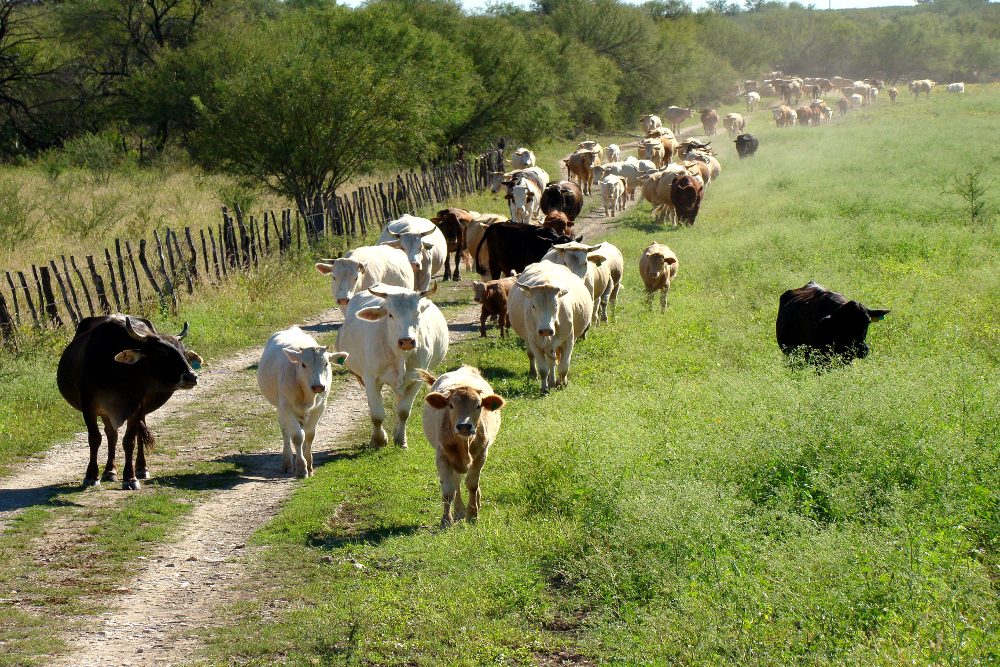
Heirloom Non-GMO Corn Is Helping Sustain Mexico’s Heritage and Farmers
It's not often that a conversation inspires an idea leading to a project that improves people's lives and potentially transforms an industry. But that's what happened to Jorge Gaviria, founder of Masienda.
While serving as a host and translator at the G9 Chefs Summit at Blue Hill at Stone Barns in Pocantico Hills, New York in 2013, Gaviria heard chefs discuss responsibly sourced ingredients.
July 12, 2016 | Source: EcoWatch | by Ken Roseboro
It’s not often that a conversation inspires an idea leading to a project that improves people’s lives and potentially transforms an industry. But that’s what happened to Jorge Gaviria, founder of Masienda.
While serving as a host and translator at the G9 Chefs Summit at Blue Hill at Stone Barns in Pocantico Hills, New York in 2013, Gaviria heard chefs discuss responsibly sourced ingredients.
This inspired him to travel to Mexico and learn about the country’s rare heirloom corn varieties. He got the idea to work with smallholder farmers there to buy their corn, import it to the U.S. and supply restaurants, which would make delicious tortillas using the corn.
In 2014, Gaviria founded Masienda, which is a combination of the words “masa” or corn flour and “tienda” or store, to accomplish his goal.
Sourced Landrace Non-GMO Corn Varieties
“I gained an appreciation for the storied history of corn,” Gaviria said. “The more I learned the more I wanted to create opportunities for farmers and to connect chefs to them.”
Mexico, particularly the southern state of Oaxaca, is known as the birthplace of corn.
“Mexico has been producing corn for 12,000 years,” Gaviria explained.
The country has as many as 59 landraces or locally adapted, traditional varieties of corn, according to Martha Willcox, Maize Landrace Improvement Coordinator at CIMMYT (International Maize and Wheat Improvement Center), who has helped Gaviria with his project.
